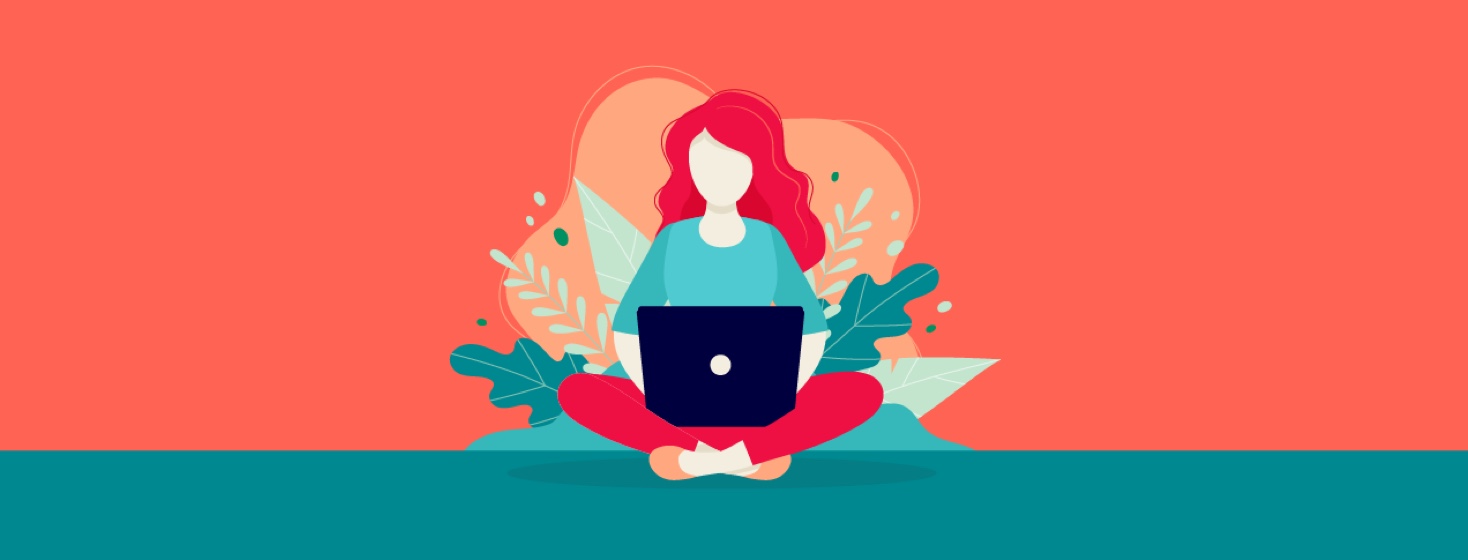How to Find an Attorney
Disclaimer: I’m a lawyer licensed in Florida. However, unless an adviser is licensed as an attorney in the particular state where the legal advice is rendered or has expertise in Federal programs that transcend state lines (eg: Medicaid, Medicare, social security, etc.), then that adviser cannot and should not give legal advice. Since many do anyway, it is important to know the credentials and actual experience of any adviser.
What is legal advice?
Legal advice is not just factual or informational, it contains recommendations that are drawn from a knowledge of the law and experience. While lawyers are not required to carry malpractice insurance and many don’t, one value the consumer gains from speaking with a licensed attorney is that there are remedies if the attorney gives bad advice. If legal advice is obtained from someone not properly licensed, then there is often little or no protection or recourse.
Legal training
Outside of recourse, one of the most valuable things that a lawyer brings to the table is the legal training we get in law school. Law school literally changes the way a person thinks and it takes three years and a lot of work to accomplish that. The second most valuable thing that a lawyer brings to the table is his or her experience, which is why it is so important to find a lawyer with actual experience in the exact legal issue you have. If you can't, then finding someone who has an analogous experience is important.
Many lawyers overreach. They try to take on too many practice areas. They try to be everything to everyone, especially right out of school when they need mentoring the most. It’s very important to compare and contrast before selecting a lawyer.
Choosing a lawyer
Selecting a lawyer is very similar to selecting a doctor. Sometimes there are only a few options and you have to make do. Sometimes there are lots and lots of options and its hard to figure out what would clinch the deal. One rule of thumb is to select a lawyer who is similar in personality to you; that way, your communication would more likely be understood. Also, in legal words, as in many other areas, you definitely get what you pay for! Going with the lowest or highest bidder isn't always the best way to make a decision.
So, how do you find lawyers to compare? Here are some ideas:
- Crowd source - Ask others who their attorney was and what their experiences were. I find that these referrals are the best. Find someone you like, you admire and ask them. Chances are, people who are of a high caliber will associate with similar peers.
- Find a local bar association - Usually with your city or county in the title. They will often have referral lists or just lists of lawyers in the area who focus on the area in which you need legal advice. Many bar associations have a medically needy group, which would be attorneys who either practice in a specific area or who often help people with illnesses navigate the most likely areas of legal issues. If your area doesn’t have a bar association, then call your state bar association. They will often have the same lists and groups that a local bar association has.
- Contact local charities - Local nonprofits will often know about lawyers who serve on their boards or who have done legal work for medically needy people in the area. I wouldn't suggest limiting your contacts to charities that focus on breast cancer, just medically needy people. There are still quite a few organizations that were started to serve the HIV positive LGBTQ community and I find those to be quite versatile when it comes to dealing with a lot of issues.
- Contact a local law school - There are often clinics where an experienced lawyer is overseeing students learning a particular subject. These can be invaluable, especially when you have a novel or complex issue that a lawyer taking a pro bono case might not be equipped to handle.
So, tell me, what have your experiences been?
Have you struggled to find a lawyer?
Have you had good experiences?

Join the conversation